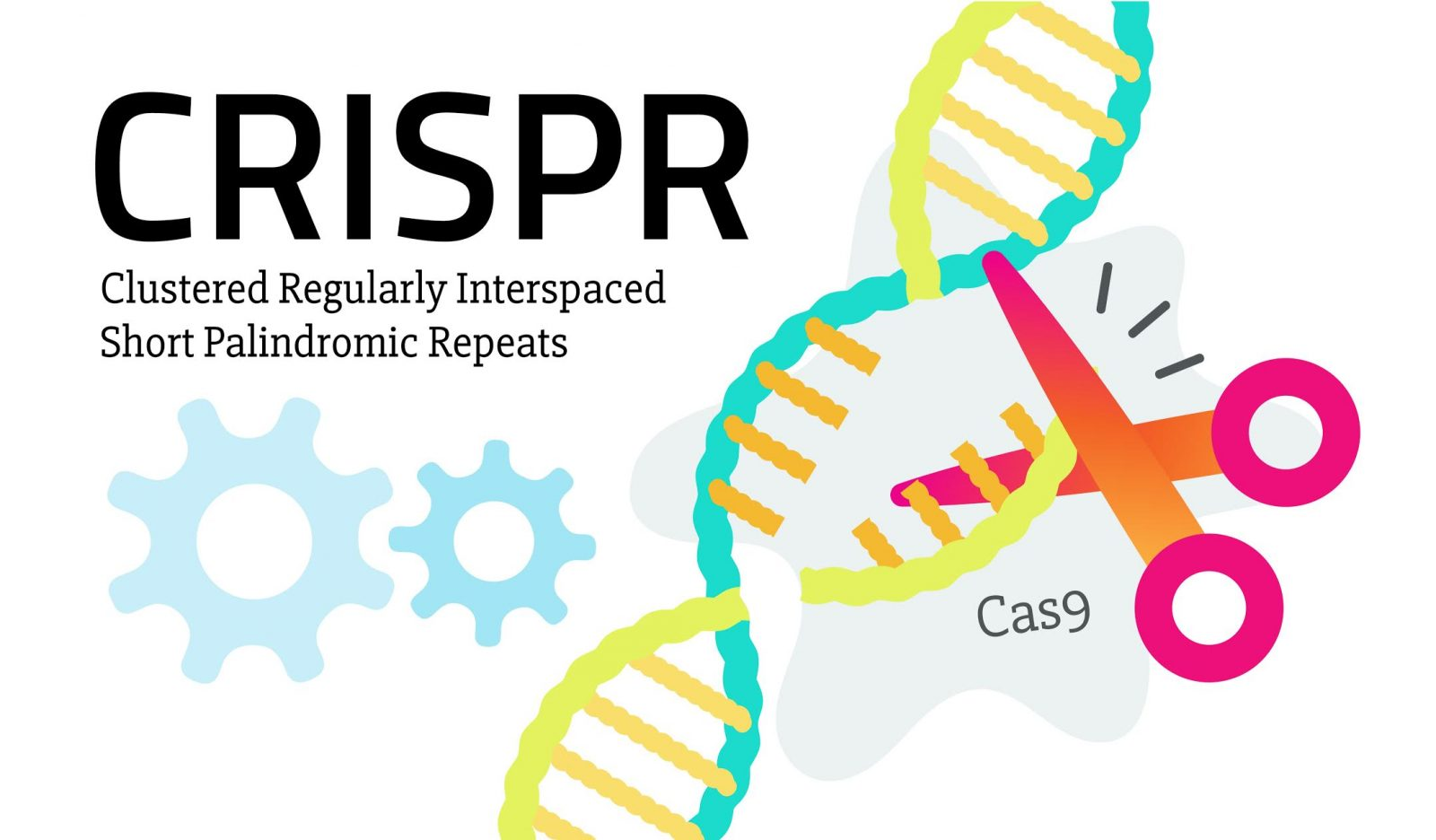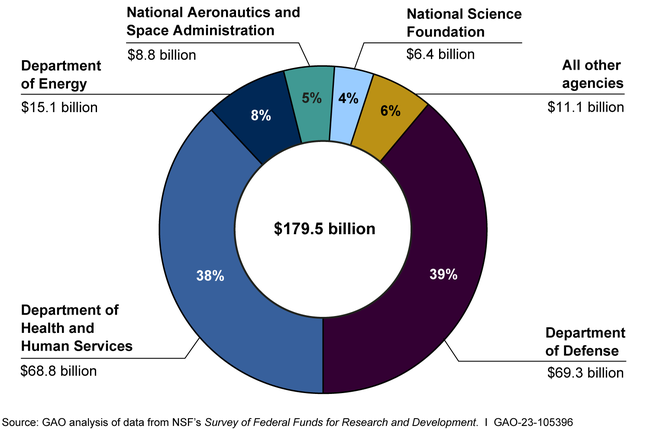Social interaction and health are intrinsically connected, underpinning the very fabric of our well-being. Recent research has unveiled the neurological basis of social needs, demonstrating that our brains are wired to seek connection much like they are wired to crave food and water. The importance of social connection cannot be overstated; without it, individuals can suffer the detrimental effects of social isolation on health, leading to issues such as anxiety and depression. Moreover, understanding the interplay between mental health and social interaction could pave the way for enhanced therapeutic approaches to treat those experiencing loneliness. By recognizing the parallels between hunger, thirst, and the need for companionship, we can appreciate how critical social behavior is for maintaining our overall health.
The interplay of interpersonal relationships and well-being encompasses a broad spectrum of social engagement and psychological health. The term “social engagement” highlights the vital nature of community connection as a fundamental component of holistic health. Engaging in meaningful relationships can counteract the negative impacts of solitude and foster resilience against mental health issues. Exploring the significance of emotional bonds reveals that merely being surrounded by others is insufficient; rather, the quality of social interactions plays a crucial role in sustaining mental and physical health. As we delve deeper into how our brains and bodies respond to social contact, we uncover the profound necessity for fostering these connections in our daily lives.
The Neurological Basis of Social Needs
Recent research has revealed that social connections are not merely beneficial for human well-being but are deeply rooted in our neurological processes. The brain’s anatomy, particularly the hypothalamus, plays a pivotal role in regulating social needs similar to how it manages physiological needs like hunger and thirst. This insight highlights that just as we feel discomfort from lack of food, social deprivation can also trigger negative states, driving individuals to seek companionship to alleviate that discomfort. The groundbreaking work by researchers at Harvard emphasizes that social needs are woven into our biological fabric, showcasing the crucial interplay between our mental health and social interactions.
Furthermore, understanding this neurological basis is vital for addressing conditions characterized by social isolation, such as depression and autism. By pinpointing the neuronal circuits involved in social recognition and engagement, we can better comprehend why some individuals struggle with social interactions. This understanding can guide interventions and therapeutic approaches that prioritize socialization as a method to enhance mental health and reduce feelings of loneliness. As noted in studies, fostering social bonds is as essential as meeting our basic physiological needs, emphasizing that our need for social contact is ingrained in our biology.
The Importance of Social Connection for Mental Health
Social connection is increasingly recognized as a cornerstone of mental health. Research indicates that lack of social interaction can lead to significant psychological issues, with isolation often exacerbating conditions like anxiety and depression. The U.S. Surgeon General’s declaration of loneliness as a public health concern underscores the urgent need for strategies that enhance social engagement among individuals. Cultivating a strong support network can mitigate the adverse effects of social isolation and foster resilience against mental health challenges.
Moreover, the significance of social interaction extends beyond mere companionship; it encompasses emotional support and the sharing of experiences. Engaging with others can lead to improved mood and a sense of belongingness, which are crucial for maintaining mental health. By participating in social activities, individuals can reduce their experiences of loneliness and create meaningful connections that reinforce a positive self-image. These insights reinforce the necessity of prioritizing social health alongside physical health, underscoring that vibrant social relationships can enhance overall well-being.
The Effects of Social Isolation on Health
The detrimental effects of social isolation on health have been widely documented, with research illustrating a direct correlation between loneliness and various physical and mental health problems. Individuals experiencing prolonged periods of social isolation may face increased risks of cardiovascular diseases, weakened immune function, and higher mortality rates. The biological stress responses triggered by loneliness can lead to inflammation and other health complications, making social connection not just a psychological priority but a physiological imperative.
In addition to physical health impacts, social isolation exacerbates mental health issues, leading to increased feelings of anxiety and depression. As the brain reacts to isolation similarly to hunger or thirst, the absence of social interaction can lead to a profound sense of loss. Understanding these health ramifications can help inform public health strategies aimed at reducing loneliness and promoting community engagement, proving that fostering interconnectedness is essential for individual and societal health.
The Role of Sensory Interactions in Social Behavior
Sensory interactions play a crucial role in fulfilling social needs, as research shows that tactile experiences can significantly influence social behavior. Studies conducted on rodents have illustrated that when social animals were deprived of physical touch, their desire for interaction diminished. This finding mirrors human experiences where touch, such as hugging or handshakes, fosters deeper connections and emotional bonds. In a world increasingly dominated by digital communication, understanding the importance of physical interaction becomes critical in maintaining healthy relationships.
The impact of sensory experiences extends to various aspects of social life, demonstrating that the absence of physical contact may contribute to feelings of loneliness. As our social interactions shift online, researchers stress the importance of integrating touch and sensory engagement into daily life. Fostering environments where tactile stimulation is accessible can encourage healthier social behavior, allowing individuals to maintain connections even in challenging social climates. This insight serves to remind us that touch is not just a luxury in social interactions; it is a fundamental aspect of human connection.
Exploring the Link Between Hunger, Thirst, and Social Behavior
The intriguing hypothesis that social behavior might be driven by fundamental needs similar to hunger and thirst opens new avenues for understanding human interactions. Researchers have suggested that just as we respond physically to deprivation of food and water, we also have innate social drives that compel us to seek out companionship. This connection between physiological and social needs emphasizes how intertwined our experiences are and how fulfilling social interactions can alleviate discomfort akin to that felt during hunger.
Investigating these parallels may lead to groundbreaking insights into how we manage our social lives and mental health. By treating social needs with the same urgency as those for food and drink, health professionals can better address the detrimental effects of social deprivation. It encourages a paradigm shift where the act of nurturing our social health becomes as routine as managing our dietary habits, highlighting the necessity of prioritizing social connections to promote overall well-being.
Social Interaction and Its Impact on Well-being
Social interaction is a key determinant of well-being, as engaging with others can enhance mood, improve mental health, and foster a sense of belonging. Studies have shown that individuals with robust social networks experience greater happiness and lower levels of stress. By promoting opportunities for social engagement, we can cultivate environments where individuals feel valued and connected. This is particularly crucial in contemporary society, where many people feel isolated due to various factors, including technological advances.
Moreover, the emotional support derived from social interactions serves as a buffer against life’s stresses. Regular engagement with friends, family, and community members creates a support system that can alleviate feelings of loneliness and contribute to a more satisfying life experience. Encouraging social connections through community initiatives or personal efforts can enhance physical health, demonstrating the profound impact that social interaction has on our overall well-being.
Understanding the Mechanisms Behind Social Needs
Delving into the mechanisms behind our social needs offers profound insights into the nature of human relationships. The brain’s regulatory systems, particularly those governing emotional and social behavior, highlight how closely intertwined our social desires are with our survival instincts. By studying these neural pathways, researchers can identify key areas in the brain responsible for processing social stimuli, allowing for a greater understanding of conditions that impair social engagement.
This exploration of social needs not only enriches our comprehension of human behavior but also equips mental health professionals with the knowledge to address issues stemming from social dysfunction. By mapping the neurological factors that incite a need for social contact, interventions can be designed to facilitate more effective treatments for mental health disorders. Recognizing the necessity of social interactions through a scientific lens underscores the importance of nurturing our social health as much as our physical health.
The Future of Research on Social Interaction
The future of research surrounding social interaction and its implications for health and well-being is vibrant, with numerous avenues yet to be explored. As technology continues to reshape the way we connect with one another, understanding the physiological and psychological impacts of these changes will be critical. Investigaciones focusing on virtual connections versus face-to-face interactions will shed light on how different types of engagement affect our health outcomes and social satisfaction.
Furthermore, interdisciplinary approaches that combine neuroscience, psychology, and public health can pave the way for innovative solutions to combat social isolation. By developing programs and initiatives that bridge the gap between virtual and physical interactions, researchers and policymakers can work together to enhance community well-being. The ongoing investigation into the correlations between social behavior, mental health, and neurological frameworks is vital, as it will contribute to a more profound understanding of the essential role that social interactions play in our lives.
Frequently Asked Questions
What is the neurological basis of social needs and how does it relate to health?
The neurological basis of social needs pertains to how the brain encodes the necessity for social interaction, similar to basic needs like food and water. Research shows that specific neural circuits in the hypothalamus regulate this need, highlighting the importance of social connections for overall health. A lack of social interaction, which is akin to hunger and thirst, can lead to negative health outcomes such as mental illness.
How does social isolation affect health and mental well-being?
Social isolation has significant adverse effects on health and mental well-being. It can increase the risk of mental illnesses such as depression and anxiety. The U.S. Surgeon General has identified social isolation as a public health concern, emphasizing that a lack of social engagement can undermine overall health, making social connections critical for mental and emotional stability.
What role does social interaction play in mental health treatment?
Social interaction plays a vital role in mental health treatment as it helps alleviate symptoms of mental illnesses. Engaging in fulfilling social connections can improve mental health outcomes by providing support and reducing feelings of loneliness. Research indicates that the need for social interaction is crucial for maintaining psychological well-being, emphasizing its importance in therapeutic settings.
Can hunger and thirst influence social behavior and interactions?
Yes, hunger and thirst can significantly influence social behavior and interactions. Just as these physiological needs drive behavior towards food and water, research suggests that the instinct for social interaction may also stem from a need to alleviate discomfort associated with social isolation. This parallels the way hunger drives individuals to seek food, indicating that fulfilling social needs is essential for health.
Why is touch important in social interactions and health?
Touch is a crucial aspect of social interactions that contributes to health by fostering social bonds. It enhances emotional connections and can lead to physiological benefits, such as reduced stress and improved mood. Studies in mice indicate that tactile experiences play a significant role in fulfilling social needs, and for humans, touch is integral in expressions of affection and social support, vital for mental health.
What can be done to mitigate the effects of social isolation on health?
To mitigate the effects of social isolation on health, individuals can engage in community activities, maintain regular contact with friends and family, and seek support from mental health professionals. Utilizing technology for social connections, participating in group activities, and being proactive about reaching out to others can help foster a sense of belonging and combat the negative impacts of isolation.
| Key Points |
|---|
| Social connection is a fundamental human need, similar to food and shelter. |
| U.S. Surgeon General highlighted social isolation as a critical public health issue. |
| Research explores the neurological basis of the need for social interaction. |
| Isolation impacts mental health and can exacerbate conditions such as depression and autism. |
| The research questions the conventional view of social interaction being driven by pleasure. |
| The study identifies neurons tied to the feeling of social deprivation. |
| Physical touch is vital for fulfilling social needs, as shown in experiments with mice. |
| Findings emphasize the importance of in-person interactions in today’s digital age. |
| Understanding social interaction can help improve mental health strategies. |
Summary
Social interaction and health are intrinsically linked, with research showing that social contact is as essential as basic needs like food and water. In understanding the neurological basis for this connection, we gain insights into how social bonds impact our mental health and overall well-being. This study underscores that fostering social relationships is vital not just for emotional fulfillment but for maintaining mental health, particularly in our increasingly isolated digital world.




